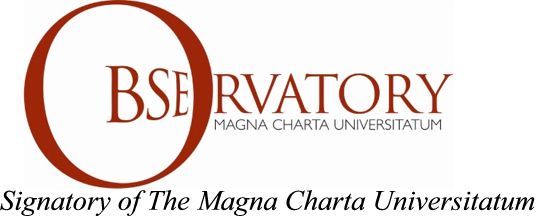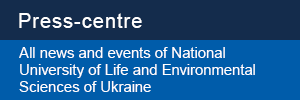Professor Vasyl Shynkaruk presented the University at a conference in Poland with a report on the impact of war on international security
Professor Vasyl Shynkaruk presented the University at a conference in Poland with a report on the impact of war on international security
May 12, 2025
On the May days of remembrance and victory over nazism, European countries honorably celebrate the end of the largest military conflict in the history of mankind. Today, Ukraine is once again has embroiled in a bloody war that poses a threat not only to European states, but also to the entire global security system. This actualizes the need for thorough research on the impact of war on international security and their broad discussion in order to develop effective security strategies.
The russian-Ukrainian war significantly affected the perception of Ukraine in the world. Thanks to the struggle for independence and freedom, our state has become a symbol of resilience and resistance to russian aggression. The war actualized international interest in our state and created a platform for dialogue between scientists.
Pomeranian University in Slupsk (Republic of Poland) organized an international scientific and practical conference on the cycle «Security of Central and Eastern European countries in the light of changes in the global security environment at the beginning of the ХХІ Century». Vasyl SHYNKARUK, professor of the department of philosophy and international communication was invited to the conference from Ukraine. He made a scientific report in Polish at the plenary session on security aspects of international relations between Eastern and Central Europe in the context of the russian-Ukrainian war.
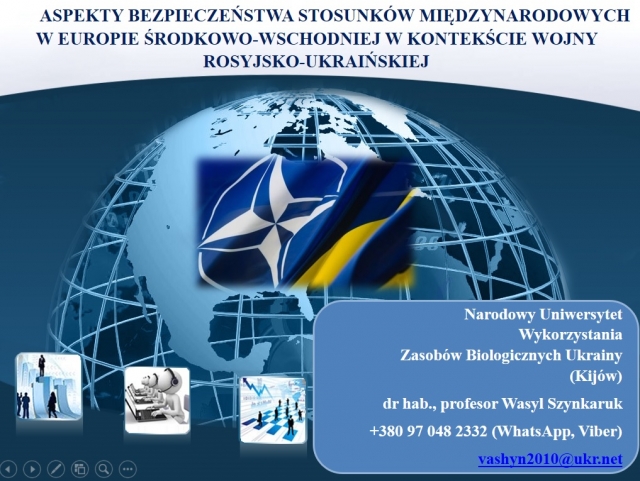
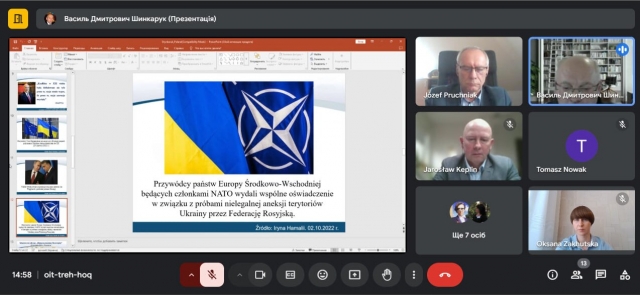
Professor Vasyl SHYNKARUK noted in his scientific report that the study of security aspects of international relations in Eastern and Central Europe in the context of the russian-Ukrainian war is extremely relevant, given the large-scale challenges that have jeopardized the stability and security of not only individual states, but also the entire European continent. The russian-Ukrainian war destroyed long-standing mechanisms of peaceful coexistence, which were based on the principles of international law, after all, russia's armed aggression against Ukraine has become the largest military conflict in Europe since World War II, which has called into question the effectiveness of modern international security structures, such as the OSCE, the UN, etc.
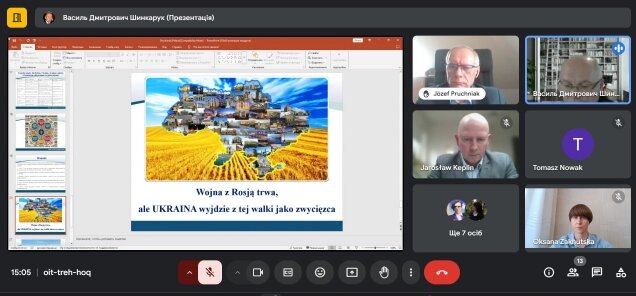
The report focused on the fact that the russian-Ukrainian war highlighted the vulnerability of eastern and Central European countries to external threats, in particular hybrid attacks, cyber warfare, energy blackmail and information influences, so growing tensions in the region require a review of Defense Strategies, a strengthening of the role of NATO and strengthening collective security. In addition, the war significantly affected the European and world order, causing large-scale changes in energy policy, economic ties and political unity of European countries, in particular, increased relevance of issues such as rearmament of armies, increased sanctions pressure and support for countries affected by aggression.
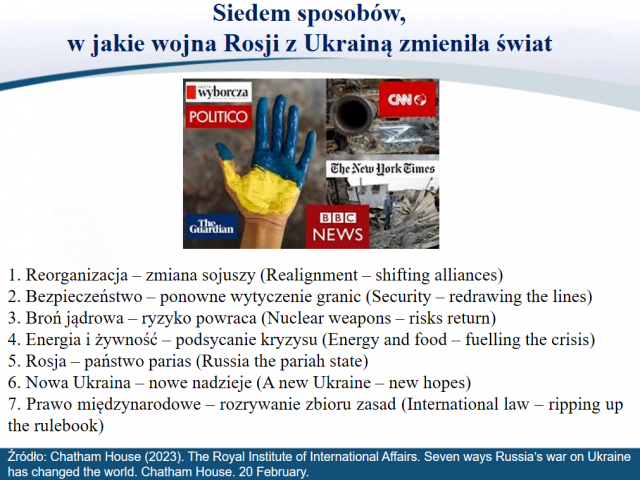
The study of this topic is important for understanding the prospects for sustainable peace and stability in the region and developing new approaches to conflict resolution and preventing future threats, because, according to professor V. SHYNKARUK, the constant threat from russian aggression and awareness of the lack of reliable external security guarantees are the main rational factors for supporting the strategic course of our state towards Euro-Atlantic integration.
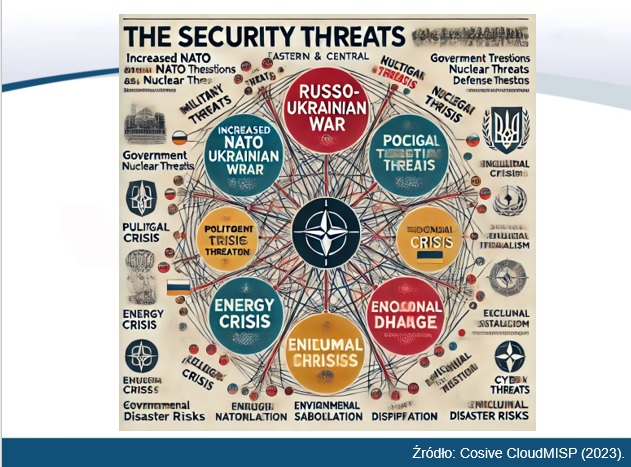
The report aroused great interest among the conference participants and caused a broad discussion. During the discussion of the report, the scientists focused on the relevance of the study, which is not only theoretical, but also practical, as it contributes to a better understanding of global processes and the development of strategies for ensuring peace and security in Europe, the formation of a more effective system of international relations and will help protect the interests of the countries of the region.
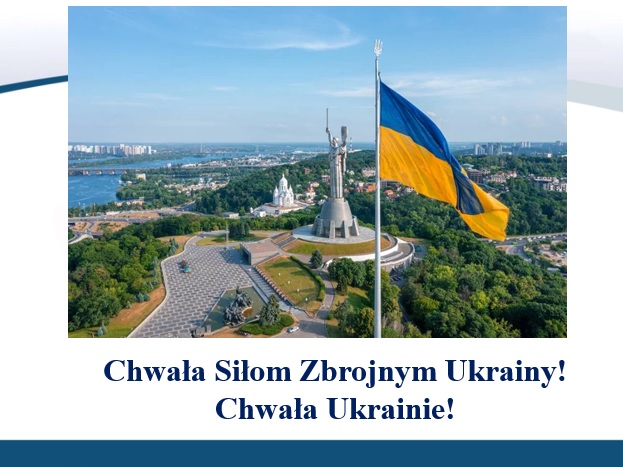
Experts noted the depth of the analysis and the practical value of the study. The professor was asked to prepare an extended version of the report for publication in the International Journal on security issues, which was evidence of the high assessment of his scientific contribution to the development of the current security problem.
Olena BALALAEVA,
associate professor of the department of philosophy and
international communication



